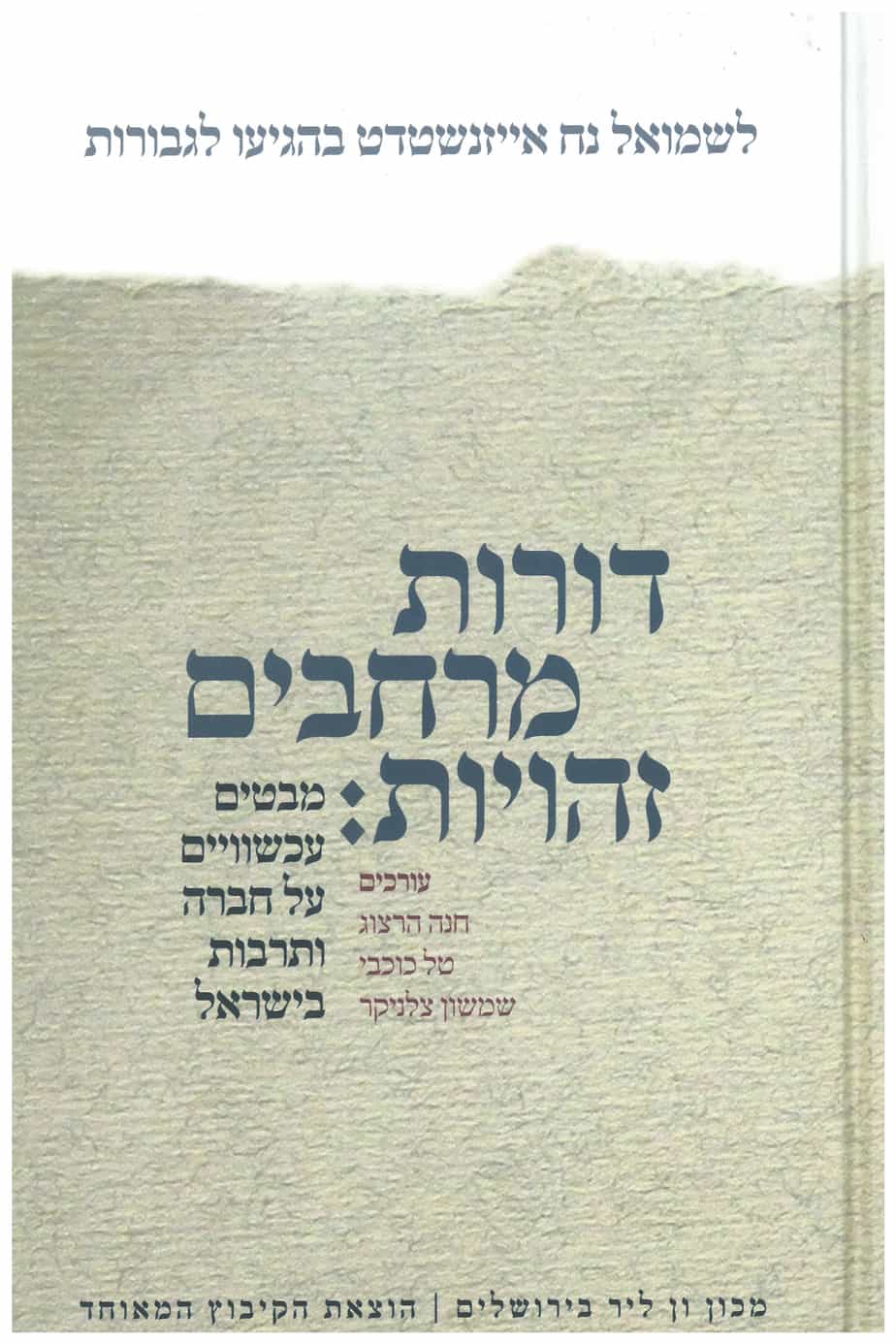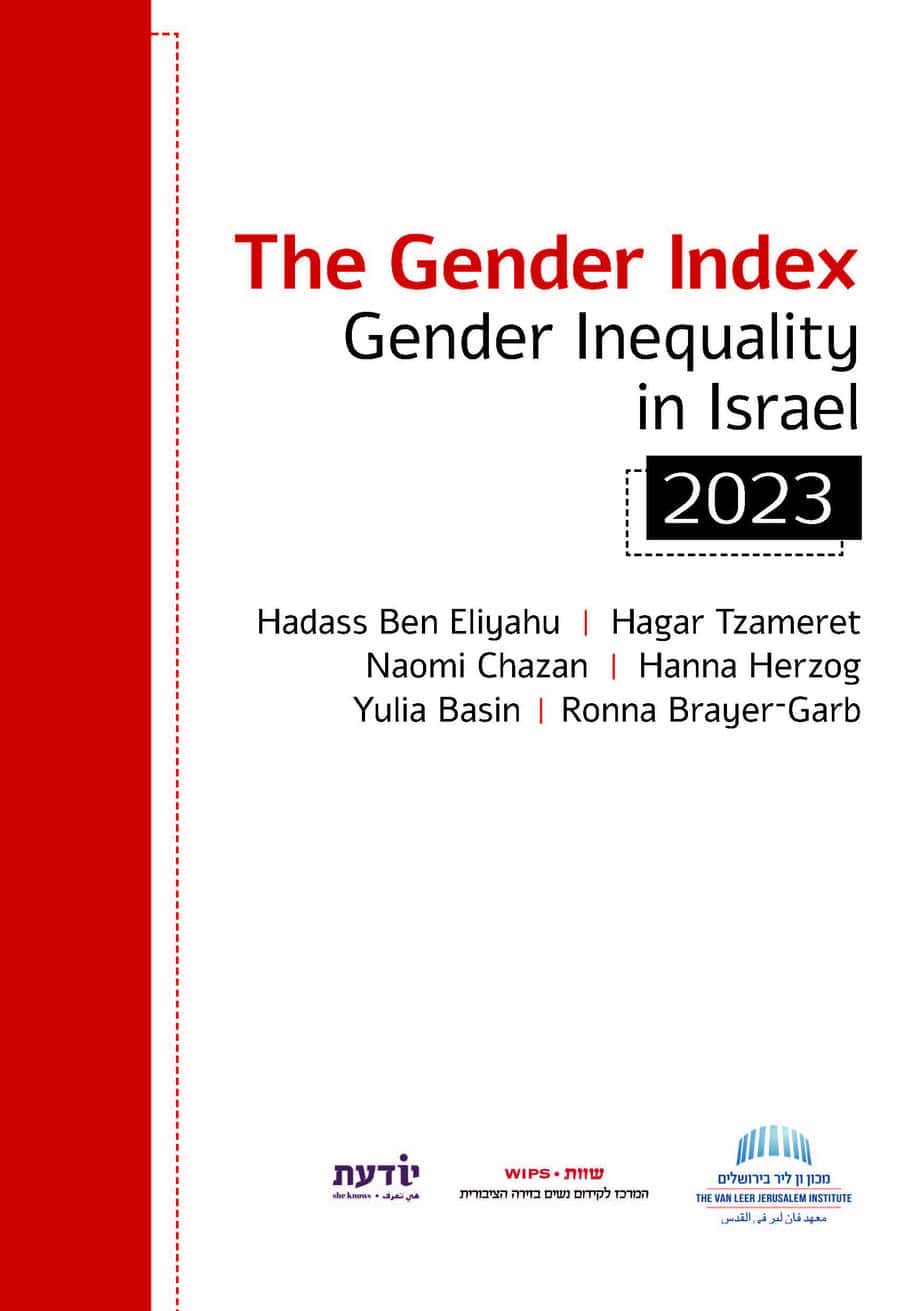Generations, Locations, Identities
Contemporary Perspectives on Society and Culture in Israel- Essays in Honor of Shmuel Noah Eisenstadt
| Edited by | Hanna Herzog, Tal Kohavi, Shimshon Zelniker
Assistant Editor: Ronna Brayer-Garb
|
| Publisher | Van Leer Institute Press and Hakibbutz Hameuchad |
| Language | Hebrew |
| Year of Publication | 2007 |
| Series | Theory in Context Series |
It is too early to eulogize sociology in Israel. That is evident from Generations, Spaces, Identities: Contemporary Views on Society and Culture in Israel. The book is dedicated to the founder of Israeli sociology, Prof. Shmuel Noah Eisenstadt, on his eightieth birthday. Despite the claim about the “decline of Israeli sociology” and the declaration of the past decade as “the lost years of Israeli sociology,” the book reveals a rich arena of varied and challenging research on the main issues in Israeli society today. The book brings together sociologists from various chronological and paradigmatic generations. It includes contemporary studies that converse with studies and researchers of earlier generations and that take issue with Eisenstadt’s views, and especially those of his disciples, regarding Israeli society. But its main contribution lies in its presentation of an up-to-date perspective for understanding this society and for formulating a broad, new theoretical and research-oriented sociological agenda.
The book’s internal organization crosses the boundaries of the usual categories of discussion and proposes new, critical perspectives for understanding Israeli society and the varied relations between social position in time, space, and culture: between generations of researchers and social generations, between the global and the local, and between state-political, economic, and cultural forces. The book deals with the dominant forces shaping the society and the social discourse in Israel, while highlighting the role and place of disadvantaged groups in society and of groups that challenge the hegemonic order—groups that have been shunted to the margins of research and of the public discourse. This is not only an anthology of research on Israeli society; it is a book that offers new and different ways of thinking about this society.




